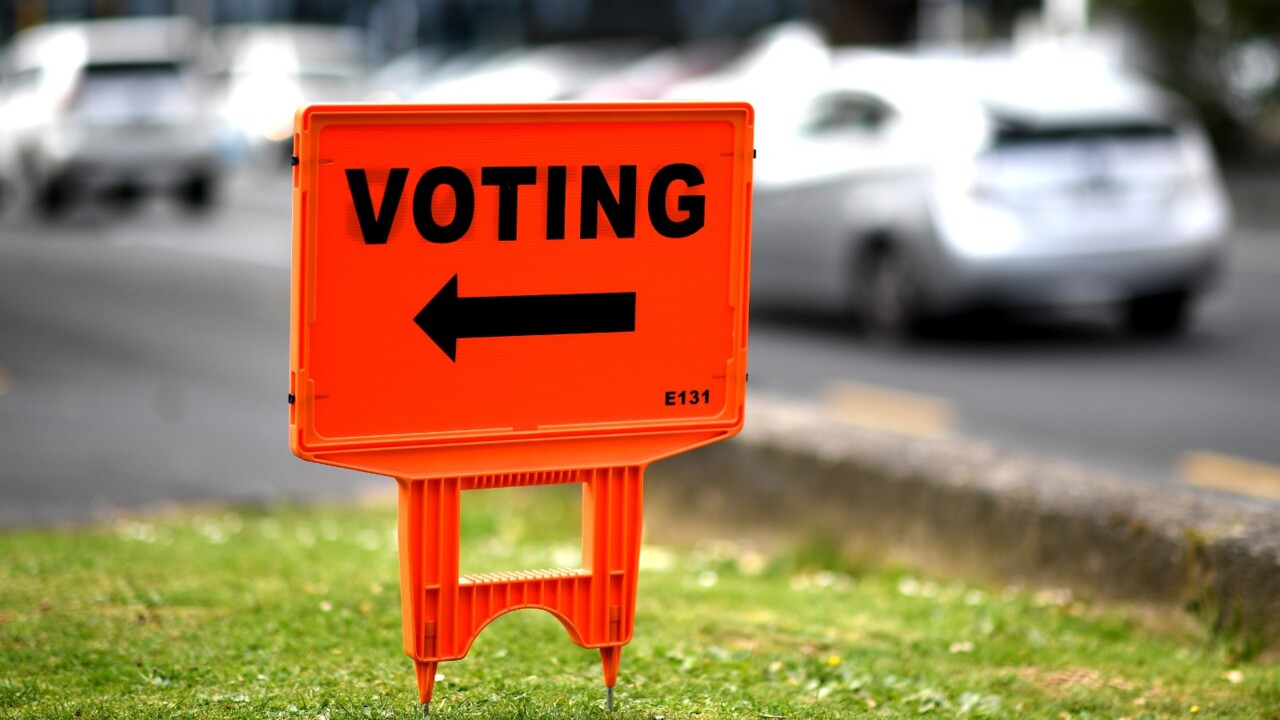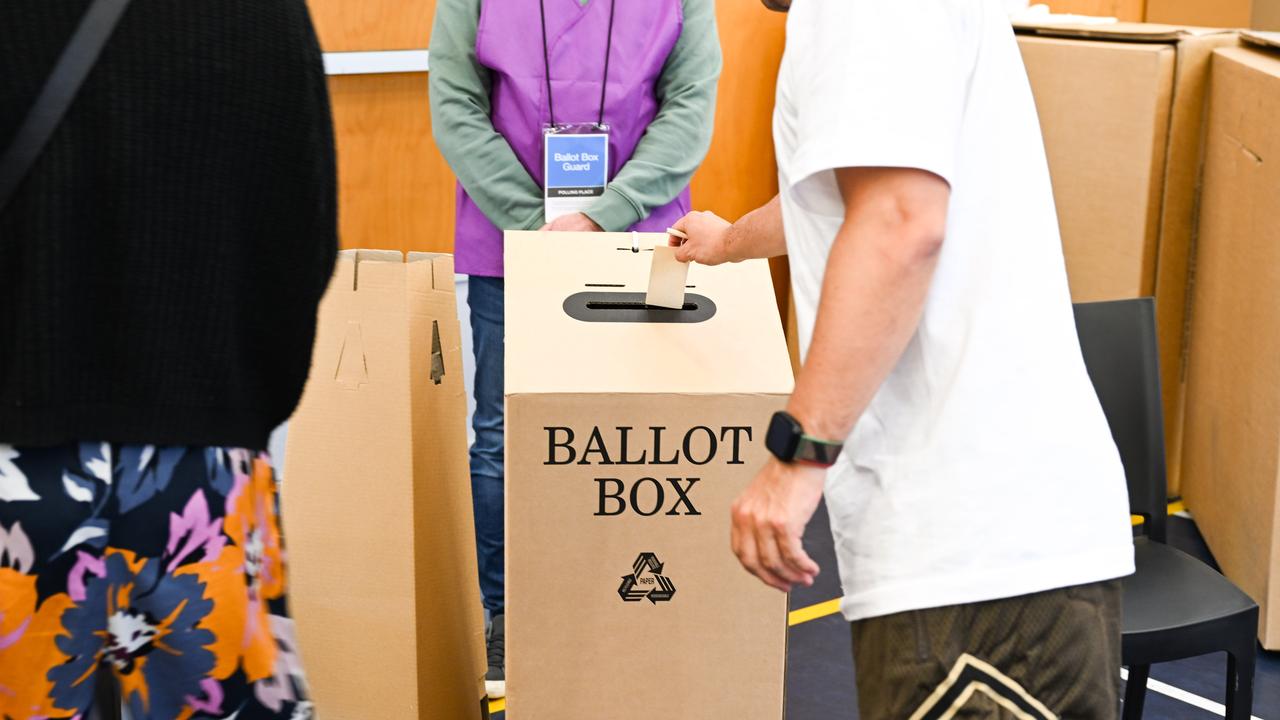Informal votes in Voice to Parliament referendum just 1.1 per cent
An expected near record-low informal voting rate in the Voice to Parliament referendum has poured water over claims the electoral process was “rigged” against the ‘No’ case.

An expected near record-low informal voting rate in the failed Voice to Parliament referendum has poured cold water over claims the electoral process was “rigged” against the ‘No’ case.
According to Australian Electoral Commission (AEC) data, a little more than 1 per cent of votes cast in the national poll were invalid, and well below the proportion typically recorded in a general election, and only slightly above what was recorded in the 1999 republic referendum.
A vote is classed as informal if the ballot is blank or unable to be counted for either yes or no.
During the referendum campaign, the AEC faced accusations from the No campaign it was trying to “stack the deck” against them after the electoral commissioner Tom Rodgers confirmed the longstanding convention that ticks would be counted as yes votes but crosses would be counted as informal.

The ruling has decades of precedent.
However, the announcement proved extremely controversial, with opposition leader Peter Dutton, who opposed the constitutional alteration, suggesting the electoral process was “rigged” against the push against the Voice, and called on the commissioner to “give a sensible interpretation” of the rule.
“I respect that people will vote yes or no in this and that’s their entitlement,” he said in an interview with 2GB radio in August.
“But I don’t think we should have a process that’s rigged and that’s what the prime minister’s tried to orchestrate from day one.”
In a statement, the AEC confirmed that the informal vote outcome was consistent with expectations.
“A low rate of informal votes is not a surprise in a referendum,” a spokesman for the AEC said on Sunday.
“Voting instructions for a referendum are very simple and trends of low informality in previous referendums suggested the vast majority of people would be able to simply follow the voting instructions.”

The spokesman added the AEC did not yet have visibility of the number of informal votes that were filled in correctly, rather than simply abstaining by casting a blank ballot.
The informal result in the Voice referendum is not dissimilar to the 1999 republican referendum result when less than 1 per cent of votes cast were informal. Ballots cast with ticks and crosses comprised a small portion of these.
In September, the Federal Court rejected a challenge brought against the AEC by United Australia Party senator Ralph Babet and its founder Clive Palmer who claimed that ticks should be void if crosses were not accepted as valid votes.



